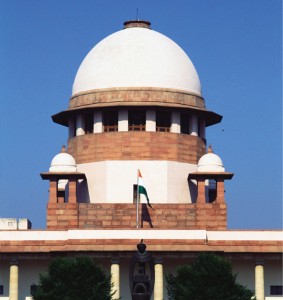The Supreme Court in National Small Industries Corp v Harmeet Singh Paintal and Anr laid down guidelines to determine the vicarious liability of a company’s directors. Significantly narrowing the liability of directors, the court held that only those who were in charge of and were responsible for the conduct of the business of the company at the time the offence was committed could be held liable for it.
The case was brought to the Supreme Court by the National Small Industries Corporation, which was challenging a Delhi High Court judgment quashing the summons issued to the directors of various companies in a batch of cheque-bouncing cases. In dismissing the appeal the Supreme Court cited section 141 of the Negotiable Instruments Act, 1881, which made it clear that every person connected with the company cannot be held liable.

You must be a
subscribersubscribersubscribersubscriber
to read this content, please
subscribesubscribesubscribesubscribe
today.
For group subscribers, please click here to access.
Interested in group subscription? Please contact us.
你需要登录去解锁本文内容。欢迎注册账号。如果想阅读月刊所有文章,欢迎成为我们的订阅会员成为我们的订阅会员。
The update of court judgments is compiled by Bhasin & Co, Advocates, a corporate law firm based in New Delhi. The authors can be contacted at lbhasin@bhasinco.in or lbhasin@gmail.com. Readers should not act on the basis of this information without seeking professional legal advice.



























